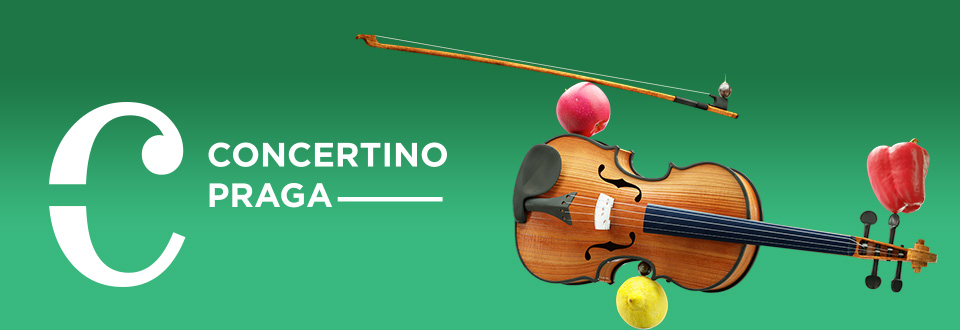Doris Blaich is a producer at German public radio SWR2 (Suedwestrundfunk) in Stuttgart. She presents an early music show, plans and broadcasts chamber music productions and is the artistic director of the SWR chamber music series Ettlinger Schlosskonzerte. She enjoys very much the wide variety of her work, meeting many different musicians and dealing with all sorts of music. She belongs to the artistic committee of the early music festival “Stuttgart Barock”. Doris studied musicology and literature and took a PhD dealing with the Czech-German Baroque composer Samuel Capricornus. In her rare spare time, she likes to play the violin, reads a lot and works in her garden.
How was your first encounter with the Concertino Praga competition?
I first came across the Concertino Praga competition 10 years ago when a young cellist applied for it and therefore recorded a sonata in our studio. Since then, I have been highly impressed by the musical standard of the young musicians taking part.
What type of music do you personally like the most?
Early music – especially 17th and 18th century music – makes my heart beat faster. I like any kind of chamber music, but I am also always keen on dealing with orchestra repertory or vocal music. It’s just such a big variety and I think it’s wonderful to have this great choice.
How do you view artistic competitions and the objectivity of the judging of the performances?
As I judge, I think you have a great responsibility, especially dealing with such young musicians. Apart from technical issues, everybody has his or her personal taste – both performers and judges – and of course this influences a judgement, so I doubt if a musical performance can ever be heard completely objectively. But apart from that, I think it is important to be very clear about one’s criteria which can help to judge as fair as possible.
What do you think about the anonymous method of judging the recordings in comparison with the judging of the live performances?
As a radio producer, I am used to listening to recordings and judging them – which is essential for a good radio programme, as you do not have the optical side. Judging recordings helps to concentrate on sound quality, on details of the interpretation, on musical energy and also on technical questions. To judge without knowing who is playing is of course the fairest method one can use.
In live performances, other aspects get more important: like stage presence or the way of interacting with the orchestra or with the audience. Both sides are important for a musician.
What do you feel is the greatest benefit of music competitions for young musicians?
Preparing repertory for a competition, means a chance for young musicians to practice in a very concentrated way. As competitions are always stressful, it gives them an opportunity to find out how they play and react under stress and if their nerves are strong enough for the career they want to go for. Also, it means to hear, meet, measure with other young musicians, probably getting some inspiration from them. If they are lucky enough to win a prize, it means a lot of public attention which is always a great chance for musicians.

